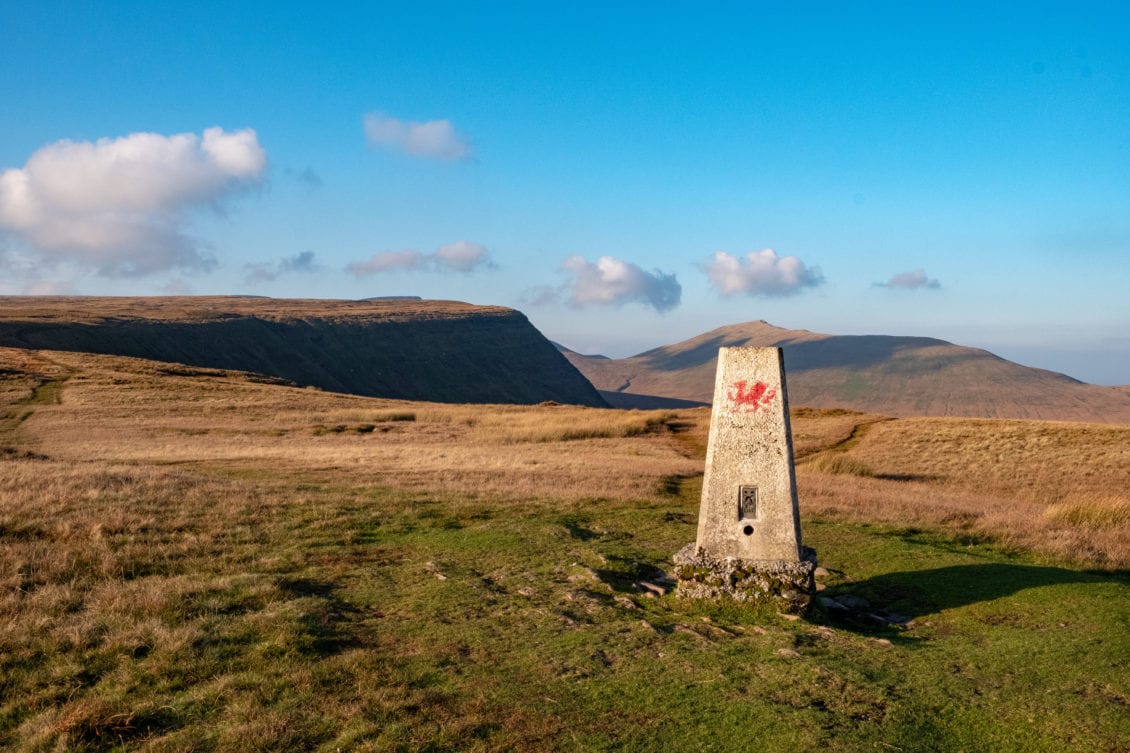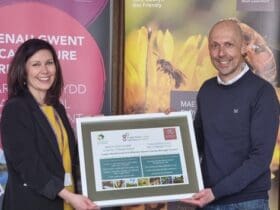Leftover turkey, pigs in blankets, and Brussels sprouts could power 20,000 homes for a year if disposed of correctly.
UK households are predicted to throw away up to 200,000 tonnes of food at Christmas, and anaerobic digestion (AD) plants are gearing up to convert the waste into energy.
Properties are likely to see a dramatic increase in electricity usage, with tech products including gaming consoles and tablets topping many festive wish lists, along with extra TV consumption and flashing decorations during the holiday season.
Combining the additional energy output with the rising cost of living can put extra strain on households, with one organisation urging people to ensure any food waste follows guidelines set by their local authority to provide support in the long-run.
Claire Keenan, director at food waste specialist Keenan Recycling, said: “The first port of call for homes across the country is reducing waste through methods such as re-using or freezing leftovers, only cooking the amount needed, and keeping an eye on use by dates on packaging.
“Up to 200,000 tonnes of food being thrown away is an eye-watering volume, both in terms of money squandered and the impact on the environment.
“If food genuinely needs to be thrown away and the recycling facilities provided by the local council are used, it is taken to anaerobic digestion plants instead of landfill.
“AD plants convert the material into renewable energy, and with 200,000 tonnes enough to power 20,000 homes, there’s a huge benefit to the journey to net zero.”
In Wales, food waste from 22 local authorities is sent to one of five anaerobic digestion plants around the country.
Earlier this month, the Welsh Government revealed its domestic recycling rates hit 65.7 per cent, higher than the statutory target of 64 per cent, and they have also consistently topped the rankings compared to the rest of the UK nations.
The Senedd are hoping new legislation for businesses launching in April will see commercial recycling follow suit, with food amongst the key materials required to be separated from general waste.
Claire added: “Wales is leading the way, and while the first challenge should be reducing waste, when items do need to be thrown away, we should be looking to dispose of them correctly.
“The benefits are clear for all to see.”









Leave a Reply
View Comments